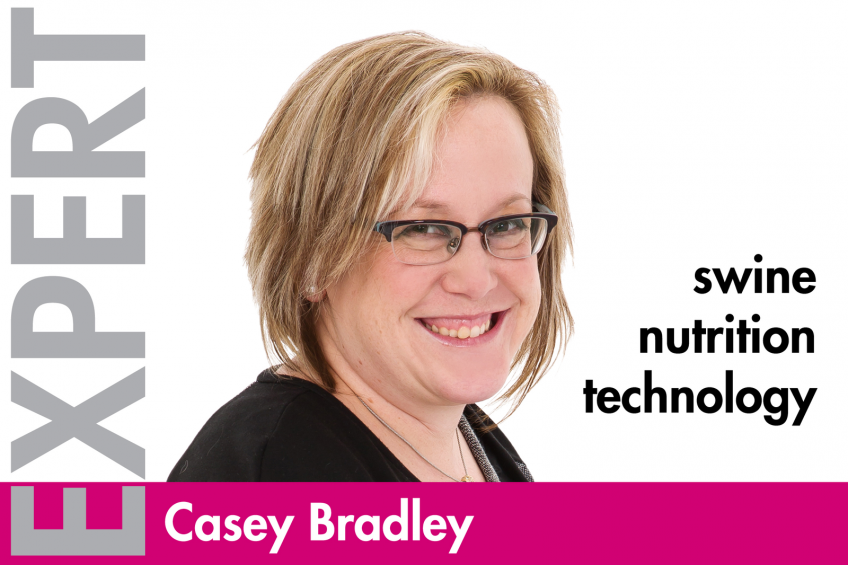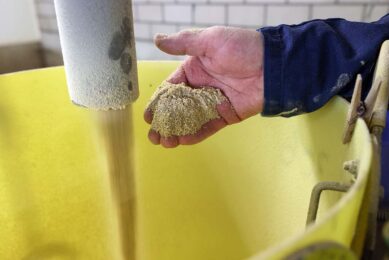The ever widening web of collaboration

It seems that whenever the latest swine research or development project hits the headlines, the word ‘collaboration’ isn’t far away. Yet it’s not so long ago that the idea of sharing data and working collaboratively was a touchy subject for many.
Undoubtedly, one of the biggest drivers for change has been the constant chipping away of research funding that’s affected nearly every sector. Sure, there are projects that occasionally get a funding boost, such as current research into Porcine Epidemic Diarrhoea virus (PEDv), but the overall direction has been down, down and then down again…
What it has produced, however, is greater collaboration. Increased competition for dwindling funds has turned adversaries into partners in a bid to improve the odds, and many government agencies will now only consider applications which have already secured commercial support.
There’s also growing recognition of the increased progress and efficiency possible when research is collaborative, plus the need for cross-discipline solutions to some of the more complex challenges facing the swine industry.
United States PEDv research programme
The United States (US) PEDv research programme is a great example, with producers, veterinarians and researchers joining with representatives from the feed industry, rendering sector and government to develop and prioritise PEDv research goals. The result was a co-ordinated research ‘roadmap’ jointly funded over the past three years by the United States Department of Agriculture (USDA), the National Pork Board (NPB) and various associations and companies working within the feed and animal health sectors.
In addition, Pork Checkoff – an initiative of the NPB – facilitated a one-time collaboration to research feed and feed-systems issues relating to PEDV between the likes of the American Association of Swine Veterinarians, the National Grain and Feed Association and the North American Spray Dried Blood and Plasma Protein Producers.
Put simply, without such broad collaboration, the essential research needed to tackle PEDv wouldn’t be taking place.
Yet collaboration doesn’t have to be on this scale to deliver worthwhile value. University research departments now regularly benefit from commercial funding, and graduate student scholarships give future researchers essential experience while delivering valuable data for the companies that fund them.
Expertise from both within and outside the animal feed industry
The International Phytase Summits and INSPIRE Non-Starch Polysaccharide Forum were industry-led initiatives that each brought together expertise from both within and outside the animal feed industry with the sole aim of promoting discussion, debate and collaboration in order to drive progress in these critical areas.
In fact, the benefits of collaboration are apparent even at the level where individuals like myself work with swine producers to test product efficacy under specific commercial conditions.
There are still examples where a lack of collaboration continues to result in the same or similar research being replicated for little net gain, but these days I come across many more examples where collaboration is yielding great results, both for those involved and the industry as a whole.
So the next time the opportunity to collaborate comes along, grab it like you would a greased piglet heading for the hills. The future of the swine industry depends on it.
For Dr Casey Bradley, growing up on a mixed swine and crop farm in Southwest Michigan eventually led to a successful career in swine nutrition. She currently spends her days as an AB Vista technical manager delivering nutrition innovations to swine producers across North America. Read more from Casey at abvista.com/blog.
Join 18,000+ subscribers
Subscribe to our newsletter to stay updated about all the need-to-know content in the pigsector, three times a week. Beheer
Beheer










 WP Admin
WP Admin  Bewerk bericht
Bewerk bericht